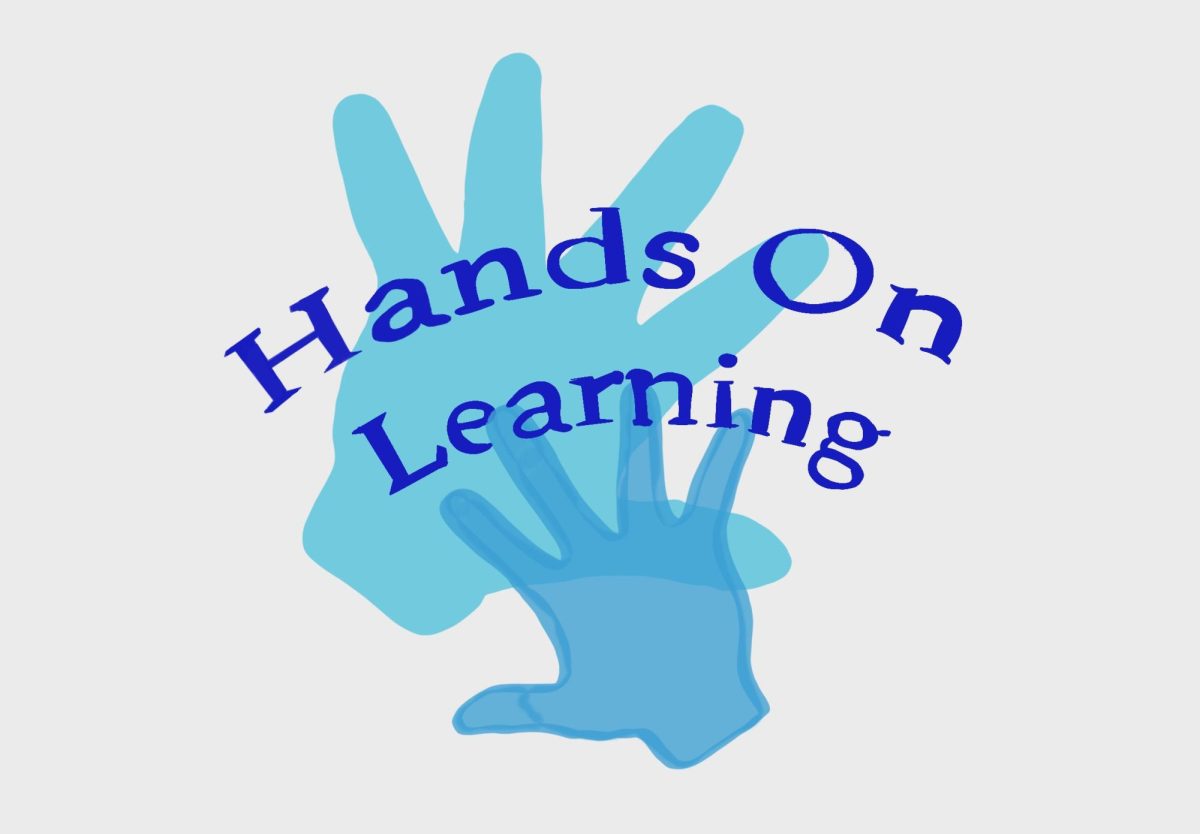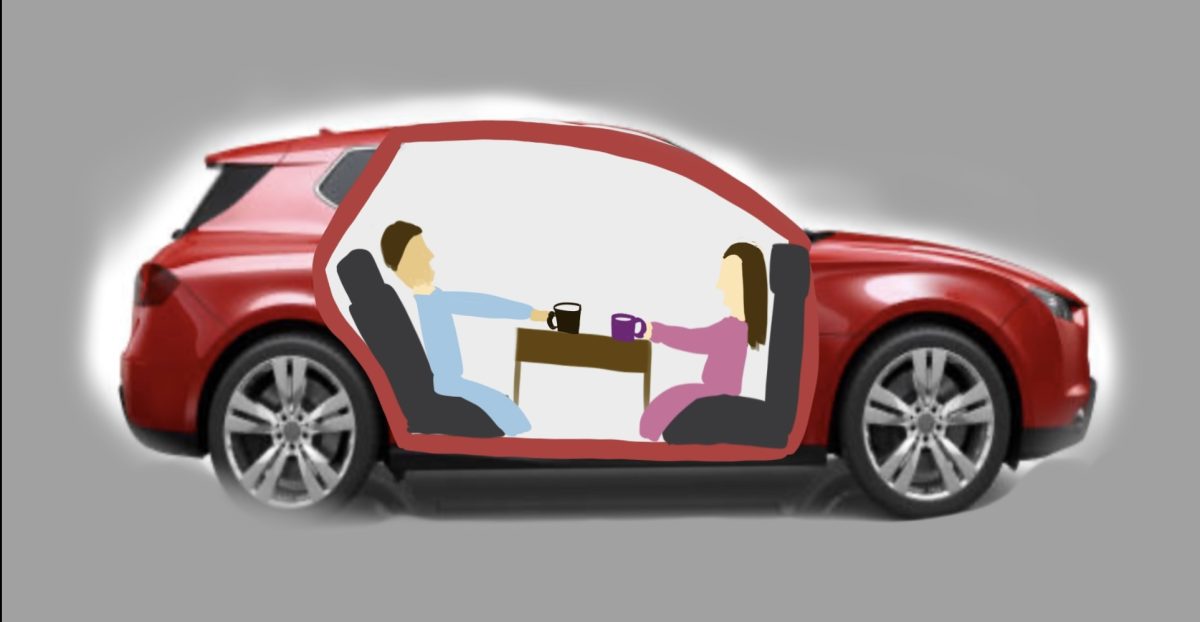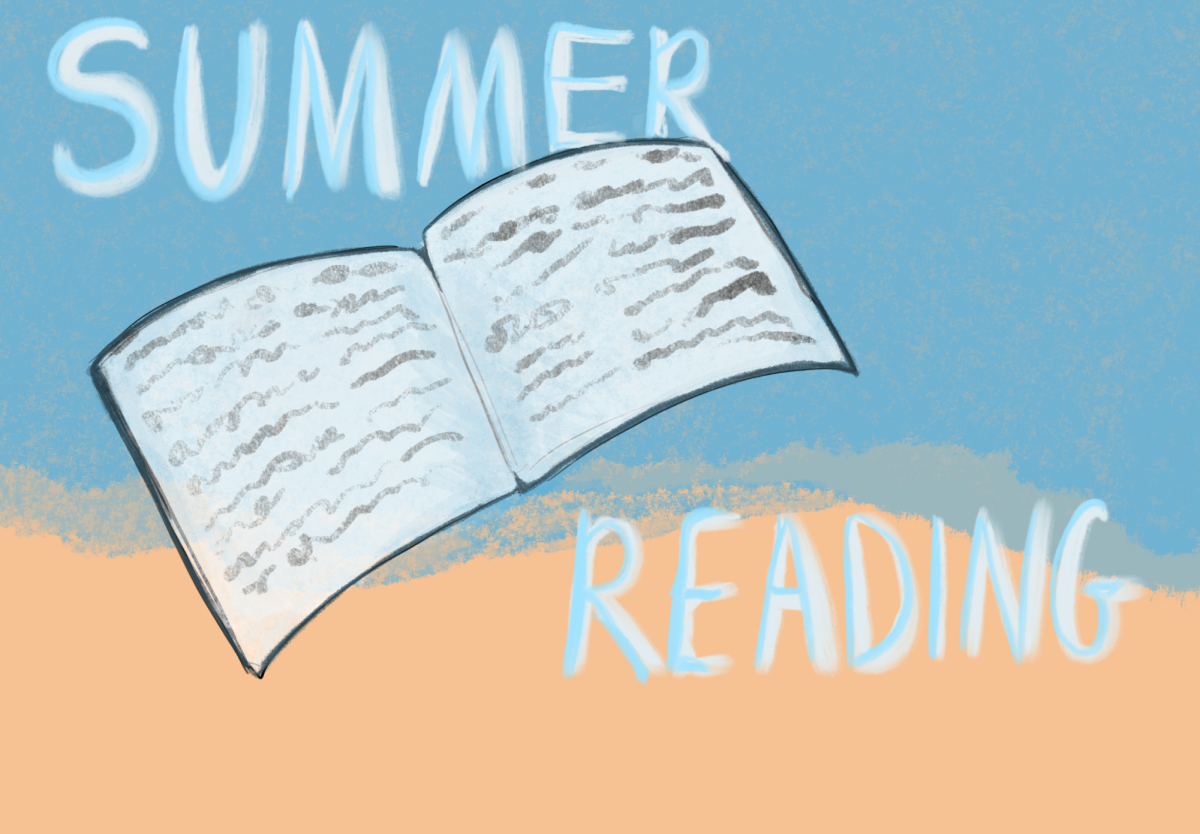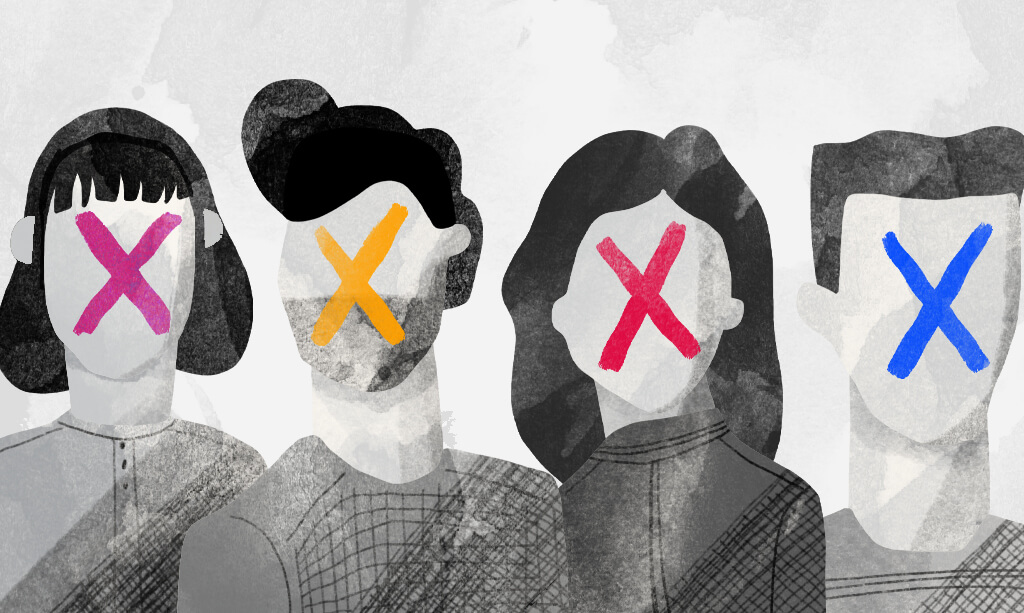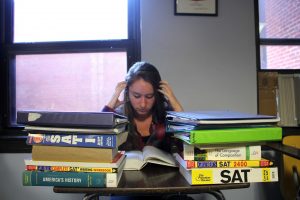
Junior year is undeniably the most stressful year for high school students. Good grades, standardized tests, the start of the college search—all are aspects of the dreaded junior year that contribute to baggy eyes and a constant need for coffee. Trying to balance academics with a life outside the classroom, students participate in clubs or play sports and, at the end of the day, need some time to relax and be with friends and family.
The Guidance Department at Walpole High School recognizes just how tiring junior year can be. In the beginning of October, Guidance spoke with junior history classes about stress. They listened to students’ concerns and offered coping mechanisms and relaxation methods geared towards stress management. However, the Guidance Department’s most recent advice provided students with mixed signals.
In their junior meetings, juniors go over course selection and scheduling with their guidance counselors and are encouraged to challenge themselves with AP and honors level classes. However, this year the Guidance Department visited classes of all levels to shift the emphasis from grades to stress management and sleep prioritization. In response to major concerns regarding sleep, guidance stressed that students should ultimately prioritize sleep and their general health over homework and grades. To some students, the Guidance Department’s most recent message seemed somewhat contradictory to earlier advice regarding course selection.
Challenge Success, a research and intervention project based at Stanford University, has concluded that sleep deprivation is very intense at some schools. Challenge Success’ study, drawn from dozens of high-performing schools across the country, shows that students received an average of 6.8 hours of sleep a night, with averages in some schools settling as low as six hours.
When juniors told the Guidance Department about their concern for sleep, many students admitted to receiving hours similar, if not lower, to that of Challenge Success’s study. With such little sleep, juniors find themselves constantly fatigued and, as a result, extremely stressed over their classes.
Sleep is the last thing on many students’ minds. The students, who take all honors and AP classes, have after school jobs, and play a sport or two, may find themselves starting their homework as late as eight or nine o’clock on any given night. These busy schedules don’t allow students a lot of time for sleep and lead to large amounts of stress.
While the Guidance Department draws attention to this important issue, students find that if they were to focus on getting to bed earlier rather than finishing all their homework they may face serious consequences the next day. A zero on an assignment (yes, teachers still give zeros occasionally) or a lack of preparation for quizzes and tests are just a couple of the repercussions or stress contributors that students may experience if they decide to prioritize sleep.
That being said, juniors can utilize the coping mechanisms and relaxation methods provided in order to control their stress. Although not too popular an option for most students, one also has the opportunity to reduce the amount of honors and AP level classes they take, as well as participate in one fewer extra curricular. A decrease in how much one actually does is not necessarily such a bad thing. Students would have the ability to focus on a few classes or activities and thus do well at them, rather than participate in so many activities and do poorly at them.
In addition, students can be more efficient with their homework by eliminating distracting elements like social media. During the stress talks, many juniors admitted to spending hours each night on different forms of social media, ultimately causing them to finish their homework much later than expected.
The Guidance Department stresses the importance of sleep and relaxation— matters that many students overlook. However, in course scheduling meetings this year, guidance counselors and students should look more carefully at what classes to take so that juniors can avoid matters like constant stress and sleep deprivation throughout the year.





